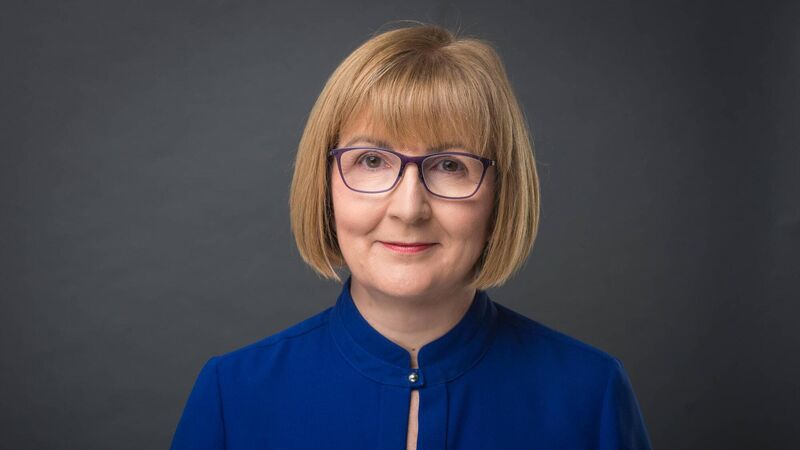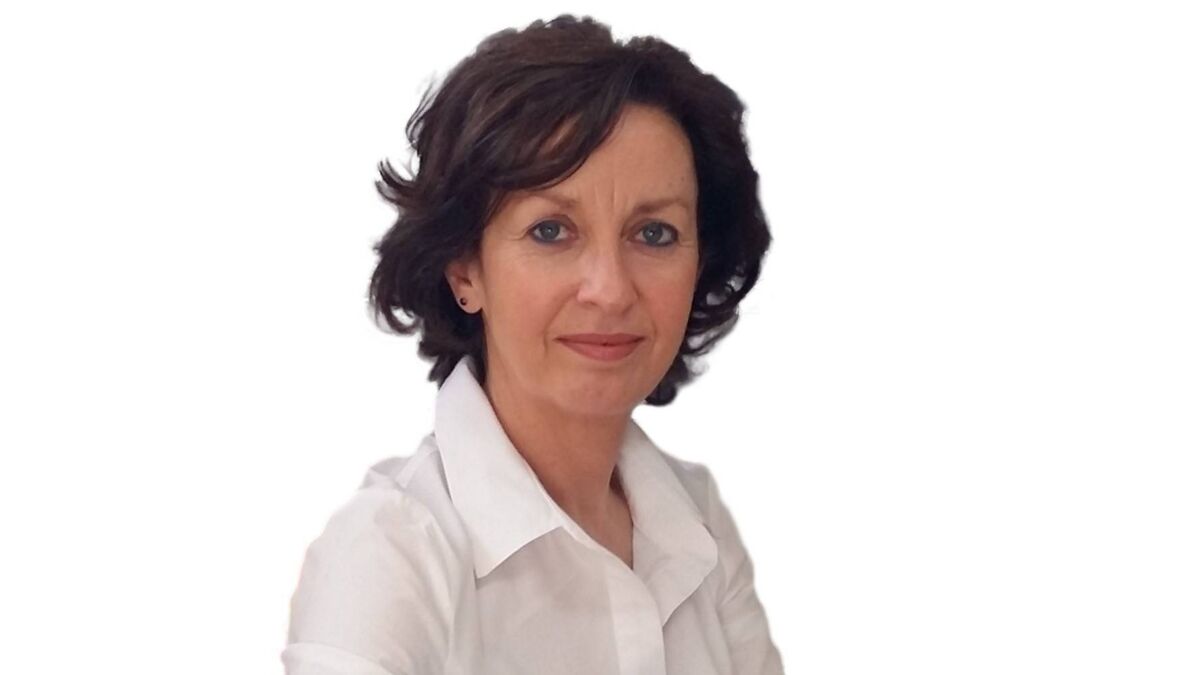Work-ready graduates will drive economy, says MTU president

Professor Maggie Cusack, President of Munster Technological University (MTU), says: "Our graduates are work ready and we're working closely with employers to co-create what’s needed for the southwest region, society and the economy.”
Projections for population growth for Ireland’s south west, indicate an expected increase of nearly 400,000 over the next 20 years, leading to an inevitable increase in students of all ages, something concentrating the mind of inaugural president of Munster Technological University, Professor Maggie Cusack.
“This is a really exciting time for education in the state," said Professor Cusack. "The advent of five technological universities in four years brings about a major change to our landscape. For MTU, we’re in our third year, we’re becoming well established and we’re really proud of our provision, the fact that our graduates are work-ready, and the fact that we work so closely with employers to co-create what’s needed, to make sure we can support the southwest region, society and the economy.”
The merger of Cork Institute of Technology and Institute of Technology Tralee resulted in the unified MTU, established on January 1, 2021, and boasts six campus facilities across Cork and Kerry, with 18,000 students and 2,000 staff. Student offering ranges from apprenticeship opportunities across areas of craft, construction, hospitality, food, and engineering right through to PhD level.
“We took time in our first year of the merger to take stock and spend some time looking at culture. That was really important, recognising that with the six campuses there would be differences in culture and approaches. We did lots of focus groups with small numbers of staff and students asking what their hopes and ambitions were for the new university, what their fears were, what they wanted to keep.
"So we took time to consider that as we proceed to transition and transform into a single university that spans a broad geographical footprint, we can still have individual cultures and ways of doing things and that’s fine,” she said. “Lots of work went on before and lots of work has gone on since as we transitioned, and there’s still lots more to do.
“For a successful merger you need to work on trust and communication and everyone understanding why it’s taking place and it’s really important to be able to move and bring about change at pace and with rigor, to have momentum. When you have a hiatus that can become problematic. It’s a university where college business continued through covid, and the merger."
Ensuring the university can provide a sustainable platform to cater for an expected intake of students in the future is a priority for Professor Cusack.
The university’s strategic plan, launched last year, includes commitments to equality, diversity, inclusion and sustainability (EDI).
“These are fundamentally important to us, and we have some aspects in our strategic plan that we would describe as strategic enablers and EDI is one of those. Strategic enablers are so important to every aspect of what we do," said Prof Cusack. "There must be a myriad of initiatives on all different fronts. We want to be the university in Ireland that really leads on EDI initiatives.
“We have to challenge ourselves all the time, to ask ourselves when we make a decision, have we inadvertently excluded anyone. We have to drive to be as inclusive as we possibly can.”
From inner city Glasgow, the daughter of Irish parents, Professor Cusack had a distinguished academic career at the University of Glasgow. Professor Cusack later moved to the University of Sterling where she headed up the faculty of Natural Sciences. Assuming the role of inaugural President of MTU in January 2021, Professor Cusack said the whole approach about the regional provision and access to third-level education really resonated with her.
She referred to frameworks such as Athena Swan, used across the globe to support and transform gender equality within higher education and research, as a system the college embraces.
“We’re the first university to do the Code Red, on period dignity, making sure that products are freely available on all campuses and to smash taboos. There’s also White Ribbon, a campaign that seeks to engage with men and boys on ending violence against women and gender-based violence. We’re the first university in Ireland to sign up, to really tackle gender-based violence, we’re not going to tolerate it and we’ll call out any time we see what may look like gender-based violence.
“There is a clear aspect for the technological universities for research that supports entrepreneurship, so innovation and entrepreneurship is a really important factor and a real strength of MTU. It is about that strong collaboration with business, enterprise, the professions, community and to make sure that we are serving stakeholders, public interest, and our community,” Prof Cusack said.
That is where the internationally recognised NIMBUS centre at MTU, one of the largest research centres and technology gateways in Ireland, plays a key role in MTU’s innovation strategy.
“It’s where companies of all sizes can come with specific problems, research matters or products that they want improved. It includes cyber-physical systems, the Internet of Things and all the data that comes from those areas, as well as the digitisation of industry and society.”
Professor Cusack also referenced the work Nimbus are currently doing with the Environmental Protection Agency to identify water re-use strategies and technologies.
Then there’s CircBio, a research group established at MTU in 2019. The multi-disciplinary research group works on many circular bioeconomy projects at regional, national, and international level. It brings together a diverse team with multi-disciplinary expertise across all areas of the bioeconomy, including bioresource modeling, bioprocessing and extraction technologies, new product development, sustainability analysis and innovation management.
“We are really mindful that we have that opportunity here to benefit from the breadth of disciplines, because I think the grand challenges that we face in society could not be answered from any one discipline," said Professor Cusack of Munster Technological University.

Mary Cummins is a leadership and executive coach and founder of Cummins Consulting & Coaching, Careerchanger.ie.










